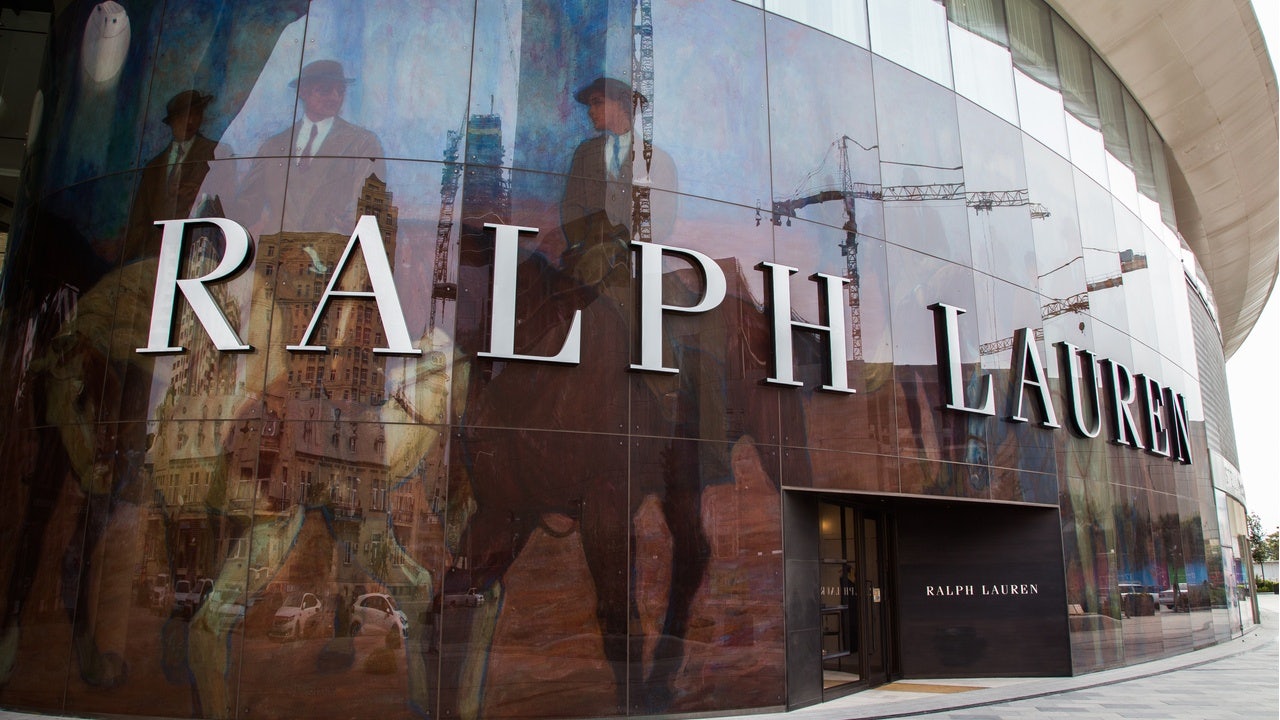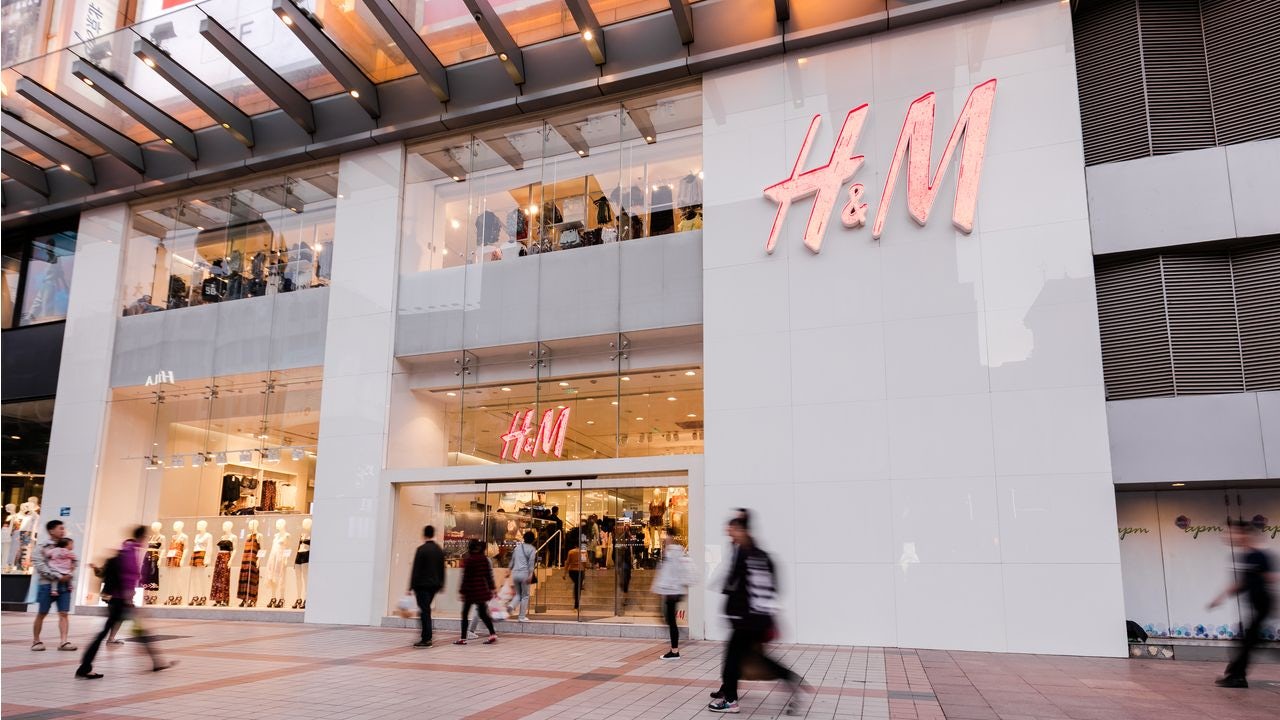Key Takeaways:#
- As tensions escalate between China and the US, corporate sponsors, athletes, and brands find themselves in a confusing position.
- China has made an already complex situation even trickier by calling on American business representatives to “speak up and speak out and push the US government to pursue a rational and pragmatic policy towards China.”
- American brands can forget about reaping the benefits of a high-cost marketing strategy, as advertising their connection with the Olympics might backfire not only in China but also in the US.
The Biden administration has announced a diplomatic boycott of the 2022 Beijing Winter Olympics and Paralympic Games to protest the alleged "ongoing genocide and crimes against humanity" in the Xinjiang region. And while the diplomatic boycott will not prevent Team USA from participating in the games, it will surely put the athletes and the American sponsors in a controversial position.
"The Biden administration will not send any diplomatic or official representation to the Beijing 2022 Winter Olympics and Paralympic Games," said White House press secretary Jen Psaki in a statement.
Shortly after, Chinese officials threatened to retaliate against the US, warning of a "robust" response. “The US will pay a price for its practices. You may stay tuned for follow-ups,” said Foreign Ministry spokesperson Zhao Lijian.
Meanwhile, the Chinese Embassy in Washington tweeted that politicians calling for a boycott are “doing so for their own political interests and posturing. In fact, no one would care about whether these people come or not, and it has no impact whatsoever on the #Beijing2022 to be successfully held.”
As tensions escalate between the two superpowers, corporate sponsors, athletes, and brands have gotten lost in translation. For instance, China made an already complex situation even more confusing when it urged corporate America to lobby on behalf of China.
Important business networking organizations, including the American Chamber of Commerce in Shanghai and the US-China Business Council, discussed the situation with vice-foreign minister Xie Feng at a virtual forum, according to The Guardian. At the talks, Xie called on American business representatives to “speak up and speak out and push the US government to pursue a rational and pragmatic policy towards China.”
Since then, Washington and Beijing have equally pushed US executives and businesses groups into a corner. Not only do these companies have to overcome heightened scrutiny in liberal economies for their stance on the alleged abuses in Xinjiang, but they also have to "thread the needle" by somehow avoiding Beijing’s ire. But to add insult to the injury, they will even need to tiptoe to avoid any consumer backlash or boycotts Chinese netizens could hurl at them.
As expected, companies like Airbnb, Coca-Cola, Visa, and General Electric — all leading Olympic sponsors — are already feeling the heat.
How will America's diplomatic boycott of the 2022 Beijing Winter Olympics impact US brands in China?
Brands that have contracts with Chinese companies or are more visible during the Olympics, such as Nike and Ralph Lauren (the latter being the official outfitter of Team USA since 2008), will probably get more heat from Chinese netizens. That is because increased visibility and exposure could mean greater consequences for these Western brands, as Chinese citizens might coordinate consumer boycott campaigns.
Take, for instance, Ralph Lauren. The American luxury label struggled to conquer the hearts of a new generation of US consumers, but Ralph Lauren saw a bounce back, thanks to its appeal in Asia. In fact, Ralph Lauren is on the brink of a comeback in Mainland China, where the company registered strong sales for the first and second fiscal quarters of 2022.
For the company’s second fiscal quarter of 2022, sales in Mainland China increased by more than 25 percent, year-on-year, and more than 70 percent compared to the second fiscal quarter 2020 in constant currency. In fact, as proof of the brand's commitment to the country, Ralph Lauren inaugurated a second, digitally-driven “emblematic” concept store in Shanghai recently.
Undeniably, Ralph Lauren needs China more than China needs the American brand. But this current situation could bring the brand’s previous statement into the limelight when it denied using “yarn, textiles or products from Xinjiang,” stating that the company is “deeply troubled by the reports of forced labor in and from Xinjiang.”
Nike previously got into hot water in China for issuing a similar statement about Xinjiang. The social media outcry even pushed Chinese actor Wang Yibo to terminate his marketing deal with the American athletic brand.
Meanwhile, the Swedish multinational clothing company Hamp;M had a more tragic ending in China because of its stand on Xinjiang cotton. In fact, the public outcry against the fast-fashion retailer was so intense, Hamp;M merchandise got removed from Chinese e-commerce sites and erased by several major navigations, reviews, and rating apps, according to CNN.
And with pressure escalating, even the luxury industry could get pulled into this tit-for-tat exchange. China might retaliate against the US by blacklisting American companies or calling for a full-scale economic boycott against US corporations.
Brands should not underestimate the patriotism of Chinese netizens. These consumers have jumped into the fray every time the government has called for a boycott of foreign brands. And it is unlikely that the majority of global corporations do not minimize the importance of the world's second-largest economy or its role in global growth.
“Of the people who are there now, I think very few of them think of China as optional,” said Arthur Kroeber, the founding partner of the research firm Gavekal, to The Atlantic. “They consider China to be indispensable.”
American brands can also forget about reaping the benefits of a high-cost marketing strategy, as advertising their connection to the Olympic games might backfire — not only in China but also in the US. American consumers might choose to boycott any brands associated with the Olympics solely because they do not share their views on China.
According to a recent Pew Research Center survey, 89 percent of American adults deem “China a competitor or enemy, rather than a partner.”
For obvious reasons, US athletes will be in crosshairs as they could be forced to take a stance on America's diplomatic boycott. In the past, Republican lawmakers have targeted NBA players, demanding they terminate endorsement deals with Chinese sportswear firms like Anta and Li-Ning. And in this case, the American public and lawmakers could very well decide to target athletes again.


